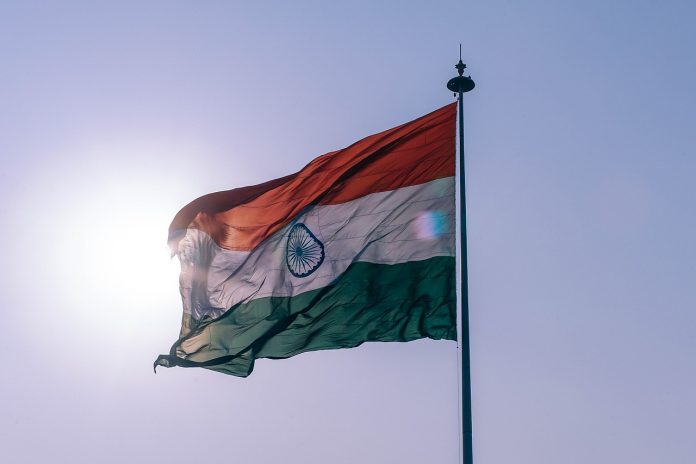The improved situation of Christians in Muslim-majority Egypt is an encouragement to Christians across the world.
That improvement was underlined with the appointment of a Christian, Judge Boulos Fahmy Eskandar, as President of the country’s Supreme Constitutional Court (SCC). No Christian has ever before been appointed to this position.
The SCC has truly significant powers, with the authority to judge whether or not Egypt’s laws and regulations are constitutional.

The appointment demonstrates the commitment of President Abdel Fattah al-Sisi to treating Christians as equal citizens.
President al-Sisi has already taken a courageous stand for religious freedom, for example in repealing Ottoman-era restrictions on the building of churches.
His government has worked steadily to legalise churches – 2,162 out of 3,730 applications from churches for licences have been approved – while congregations are allowed to worship in unlicensed church buildings pending completion of the licensing process.
The appointment of Judge Boulos is unusual in an Islamic context, where it is not expected that Christians or other non-Muslims will rise to positions of power and authority.
Yet in Egypt there is enthusiasm for the appointment. Moushira Khattab, a Muslim and leader of Egypt’s National Council for Human Rights, described the it as “historic” and “a giant move” for equal rights.
In another welcome development, an Indian court also upheld the principle of equal rights.
A judge in Tamil Nadu rejected a resident’s application to withdraw permission granted to Christians to construct a new church building, highlighting India’s constitutional commitment to religious freedom.
Even as Christians around the world continue to face persecution and trouble (John 16:33), we have much to be thankful for.














